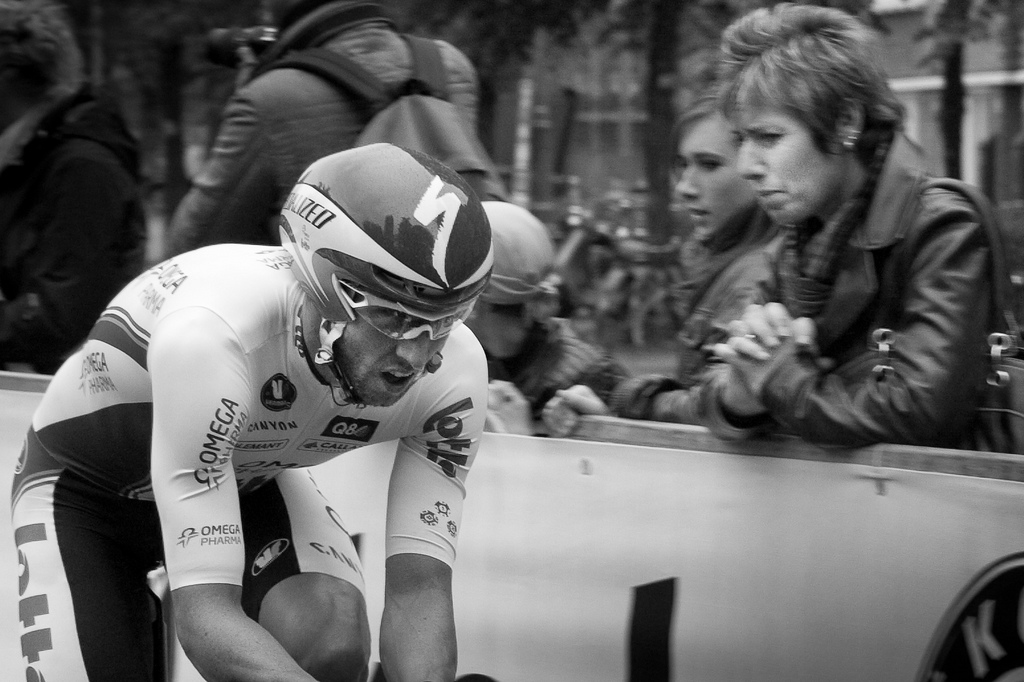Prayers of Offense and Defense (pt. 1)

This week I have four short meditations on prayer based on Luke 18:9-14:
“He also told this parable to some who trusted in themselves that they were righteous and regarded others with contempt: “Two men went up to the temple to pray, one a Pharisee and the other a tax collector. The Pharisee, standing by himself, was praying thus, ‘God, I thank you that I am not like other people: thieves, rogues, adulterers, or even like this tax collector. I fast twice a week; I give a tenth of all my income.’ But the tax collector, standing far off, would not even look up to heaven, but was beating his breast and saying, ‘God, be merciful to me, a sinner!’ I tell you, this man went down to his home justified rather than the other; for all who exalt themselves will be humbled, but all who humble themselves will be exalted.” (Luke 18:9–14 NRSV)
This parable is in many ways about prayer, but it isn’t trying to teach us what to say, so much as the kind of attitude, or posture we are to have when we pray.
Story
The Catholic football team was on its way to an important game. A reporter boarded the train and asked for the football coach.
“I understand,” said the reporter, “that you carry a chaplain to pray for the success of the team. Would you mind introducing me to him?”
“That would be a pleasure,” said the coach. “Which one do you want to meet, the offensive or the defensive chaplain?”
From Anthony de Mello’s Song of the Bird (p.150)
Many of us are probably familiar with at least the idea of the great lengths that sport fans will go to make sure their team is on the winning side. But there’s another way to hear this second parable and it is about the attitude in which we pray.
When we pray, do we pray with a heart that is defensive or with a heart that is open to the movements and love of God?
Prayer is not meant to be defensive or protective. The attitude we bring in prayer is not about coming out as the winning team, it is not about protecting our ego, or shielding us from “those people.”
Prayer is about cultivating a spirit of vulnerability, of openness, of a desire to change and be changed.
To me the pharisee and the tax collector are similar in that they are both at church praying – they are both in the game so to speak.
But they are approaching prayer from completely different angles.
The pharisee has come to the temple and is like that chaplain praying for defense. I see the pharisee as the character in the story who is holding God, himself, and others at arms distance. Sure, he’s come to the temple, yes, he is doing everything he is supposed to do and yet the path of transformation alludes him.
This is not because there is something wrong with the path itself, but rather there is something wrong with his heart.
Jesus reveals that good intended folks, who have a lot of experience talking the talk can get caught up in prayers of defense.
The Tax collector comes at it from the other direction. He prays from the heart because that’s all he has left. He is laid bare before God and is therefore simplicity and vulnerability mark his prayer.
When we pray a prayer of offense we prayer for even the slightest possibility, crack or crevice of hope. We say “what can I learn from this person or this moment?” and “teach me, Lord.”
A query to consider:
- What is the posture we hold when you prayer? Are you offering prayers of offense or defense?